There are still aftershocks being felt across the media landscape from the massive layoffs experienced at the Los Angeles Times. That paper culled over 20 percent of its news division, affecting departments as broad as its D.C. bureau, local sports beat reporters, as well as culture and opinion sections. This was a news outlet regarded as an institution — one with a wealthy benefactor — and it was still incapable of dodging the bloodletting experienced across the media landscape.
RELATED:
NBC Laughably Laments Layoffs of Hispanics at the LA Times - 'Fewer Watchdogs Calling Out Misinformation'
Oh How the Mighty Have Fallen: The LA Times Appears to Be in a State of Imminent Collapse
In a deeply curious move, the Washington Post — itself a paper backed by billionaire Jeff Bezos yet undergoing a string of layoffs — had a piece regarding the job losses at the LA Times that was taken down, only to be republished days later with significant editing to be seen. Columnist Perry Bacon Jr. approached the issue of these layoffs and used it to contemplate the condition of the news industry, moving next into discussing the possibly uncomfortable but necessary reality that major papers have wealthy ownership.
His column was published on January 24, but then, without an announcement nor explanation, it was entirely removed from the site. The column returned days later, republished on Saturday, January 27, but it was markedly altered. The centerpiece of the entry was entirely gutted, with opening portions about the layoffs at the Times removed, as well as all mentions of owner Patrick Soon-Shiong. What remained was an overview of the harsh conditions of the news industry.
In looking over the archived column that was originally published, the basis of Bacon’s column was the layoffs at the Times and then using that topic to address the industry conditions and the needs of publishers with deep pockets to weather this economic tempest. The first five paragraphs – concerning that paper’s recent activities and moves by the ownership over the years – disappeared. Any mention of Soon-Shiong, 12 instances in total, was entirely eliminated. All that remained of the content was a photograph of the Times’ headquarters and a solitary mention of the paper in a list of outlets affected by layoffs.
Why had this occurred? The coverage from Bacon was not hostile or even critical of Soon-Shiong. In the opening, he cited how the layoffs “shows the problem of relying on ultrawealthy individuals to save journalism.” The closest he comes to a harsh assessment is in detailing that after years spent trying to reinvigorate the LA Times and expanding the staff, Soon-Shiong had been forced to look objectively at the paper’s dwindling revenues and mounting losses.
Six years later, Soon-Shiong is focused on the business analysis — and unhappy with what he sees. Citing tensions with Soon-Shiong, Kevin Merida, a very well-respected journalist who was once the No. 2 editor at The Post, resigned this month. Now, combining these cuts with a previous round last year, the Times will have about the same number of journalists it did when Soon-Shiong first took over.
It is not at all apparent why this column needed to be taken down and reworked in this fashion. The layoffs at the LA Times made for huge news, and it was widely reported across the industry. Many outlets covering the cuts mentioned Soon-Shiong and his operation of the paper — some harshly — while Bacon’s coverage was very even-handed.
A request for answers from Charles Lane, the Deputy Opinion Editor, did not get a response, nor did my asking Perry Bacon himself on Xitter. Bacon appears on a weekly basis in live chat forums at the Washington Post, and in the two of these sessions held after his column had been pulled down, he made no mention of the decision. In the chat held the day after the initial publication, he fielded a few questions in reference to the LA Times layoffs, but he never mentioned his column and did not speak of the paper’s owner.
The speculation — and that is all we have to this point — is that the topic of billionaire ownership of news outlets is one that carries some tripwires at an outlet itself owned by a billionaire. Other segments struck from Bacon’s original column centered on the general environment at papers with these wealthy owners and how their influence might enter into the content — somewhat ironic, considering that we see this portion gutted, possibly due to how it reflected on its own ownership.
For some time, I have been looking into the economic tempest in the media sphere and stating how it is a problem that outlets and journalists are not being introspective enough about the problems and their causes. Now, we have a case of a columnist trending towards that very type of thinking, and his work is pulled down and reworked to a more approved level of content. The hope that journalism, in general, will look in the mirror appears to remain unfulfilled.
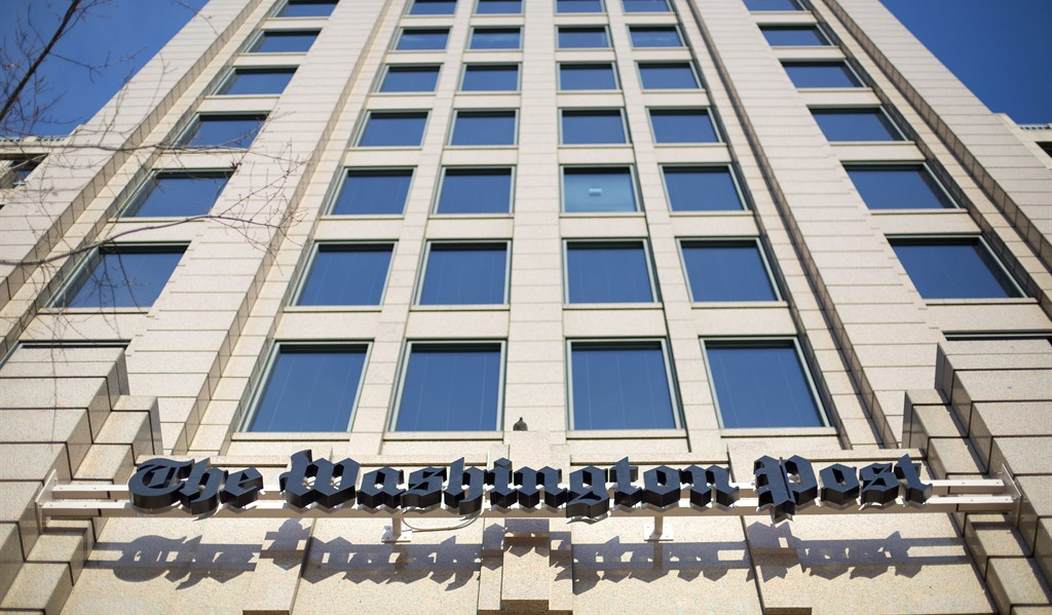

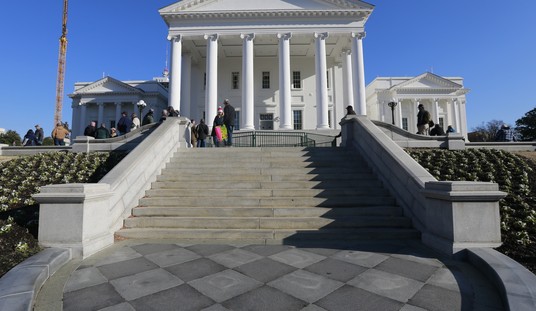


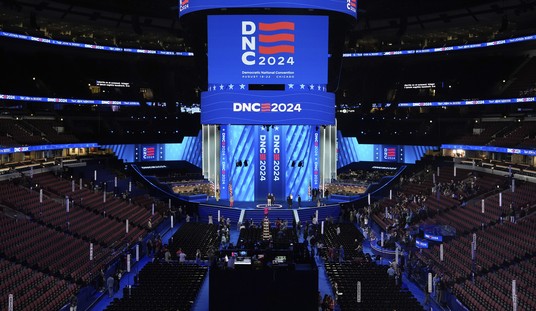

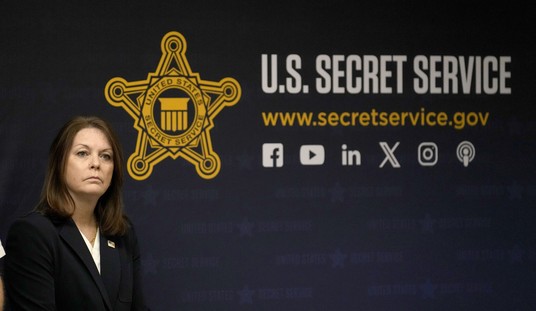


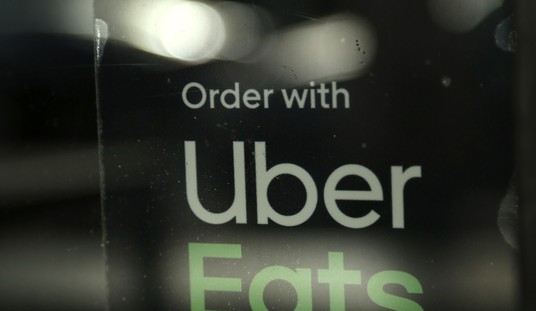



Join the conversation as a VIP Member